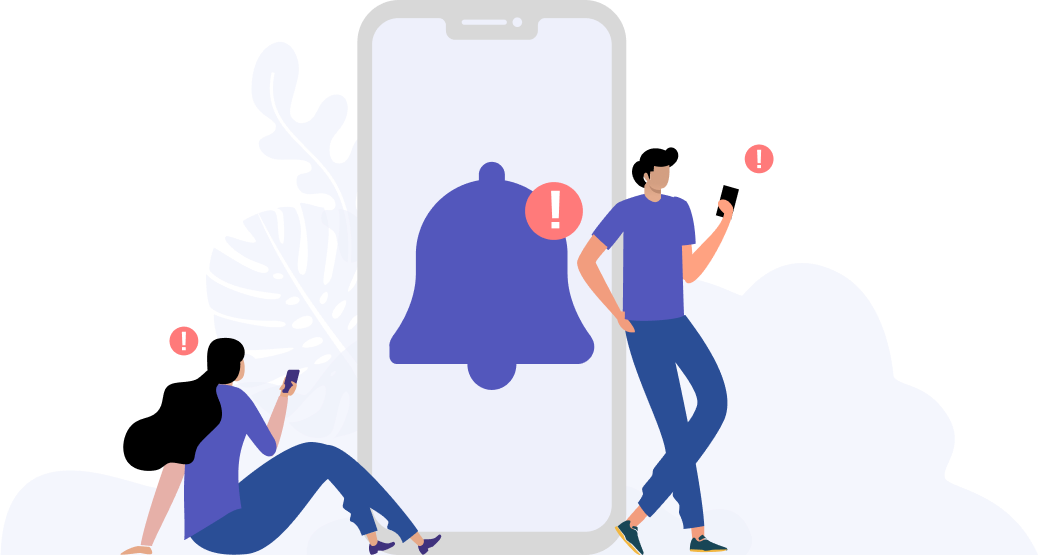Getting Regular Eye Checks Should Be On Everyone’s Radar

To coincide with the recent launch of our brand-new smart optometry referral system, plano Eyecheck, we would like to provide you with guidance on how often you and your loved ones should get your eyes checked.
There is a lot of confusion, uncertainty and outright lack of awareness around the question of eye examination frequency. There is a tendency for many people to neglect their eyes because they do not experience noticeable problems with their vision and because they are simply too busy to set aside the time. Many of us do not actually know how often people at different life stages should get their eyes examined. In fact, there currently is not even consensus among experts internationally, with governments and ophthalmological and optometric organisations frequently differing in their guidelines, and some countries do not even have official guidelines. This makes it difficult for members of the public to find authoritative information on how to stay on top of their eye health.
With that said, experts agree that regular and timely eye examinations are important for people of all ages, and that includes people who have not been diagnosed with an eye condition. Some eye diseases can strike at any time and their onset and progression may go unnoticed for many years as they silently wreak havoc on the health of your eyes. For this reason, we believe it is important to raise awareness about the necessity of getting eye exams throughout your life so that long-term problems such as vision impairment and blindness can be avoided.
This general guide provides an idea of how regularly you and your loved ones should get your eyes tested at different stages of life and what the greatest risks are to your eye health at each of these life stages.
Infants and children under 2 years of age:
It is often recommended that infants have their first eye examination before they reach 2 years of age, preferably between 6 – 12 months of age. The Singapore health authority, SingHealth, also recommends that children in this age group, even up to 3 years old, should have their eyes screened during regular paediatric appointments. Children this young cannot cooperate with eye exams that use vision charts so techniques called auto-refraction or retinoscopy are used. The paediatrician may refer for further eye testing if the mother had complications during labour or pregnancy, if there is a family history of congenital cataracts, amblyopia, strabismus, very high refractive error or retinoblastoma or if any of the following conditions are detected:
- strabismus (crossed eyes)
- amblyopia (lazy eye)
- congenital cataracts
- a rare cancer called retinoblastoma
- developmental delay
Children aged 2 to 5 years
The American Optometric Association recommends that children should have their eyes examined at least once between the ages of 3 and 5 years. Some children in this age group can comply with eye examinations that use age-appropriate vision charts. This should be performed by an optometrist or ophthalmologist and not by your regular paediatrician. Young children fine-tune their vision and use it to learn, develop hand-eye-coordination and play. It is therefore critical to ensure their vision is functioning normally. As children become glued to screens at younger ages, it is now more important than ever to make sure that their eyes are examined regularly as their risk of conditions such as myopia is higher than any other time in history.
Children aged 5 years and older
From the age of 5 years and onwards, children should have their eyes tested upon first entering school and then those with no previous issues should have their eyes examined at least every 2 years, while those with a refractive problem like myopia should be checked annually. Some experts even suggest that all children, irrespective of whether they have an eye condition, should get tested annually as this is the age at which myopia typically begins to develop. School age children need frequent eye tests because their prescription can change very rapidly during this time.
If you or your child’s teacher notice that your child is positioning herself closer to televisions, computers and classroom whiteboards, squinting to see distant objects more clearly or complaining of vision problems, it is important to have an eye examination as soon as possible.
Myopia is becoming more common in children of younger ages, but many people do not know that the progression of myopia can actually be slowed down if it is detected early and managed correctly. For those whose prescription changes regularly, it is important to change their glasses or contact lenses to keep up with their changing eyesight.
Young adults
Many governments and eye health organisations do not have well-defined guidelines for eye examinations for people aged 18-39 years as any myopia is likely to have stabilised and the risk of blinding eye disease is low. However, the American Optometric Association still recommends an eye examination every 2 years. People with pre-existing eye diseases and those at risk, such as diabetics or people with high blood pressure should go more regularly.
Adults aged 40 years and above
Adults should get an eye disease screening at the age of 40 years because this is when the risk of age-related eye diseases begins to increase. Common eye diseases that are tested for are glaucoma, diabetic eye disease and cataracts. Catching these diseases early provides the best chance of preventing irreversible blindness, so it is very important to have this test. The screening test can also reveal systemic diseases such as diabetes and high blood pressure. Once the baseline screening is done at 40 years old, you should return for an eye examination approximately every 2 years or for follow-up according to the advice from your doctor.
An additional matter to consider is that, beginning in their 40’s, adults may start facing problems with seeing objects at close distances. This progresses with time and one should seek an immediate examination to get prescribed appropriate reading, bifocal or multifocal glasses.
Adults aged 65 years and above
Seniors have the highest risk of vision impairment and blindness. Advanced eye disease, including cataract, diabetic eye disease, glaucoma and age-related macular degeneration become much more common as you get older, and it is therefore crucial to have an eye examination every 1-2 years.
Book your next eye test today
With this information, it should be clearer when you and your loved ones should get your eyes examined to protect vision which, after all, is one of life’s most precious gifts. If you live in Singapore, use our new plano Eyecheck smart optometry system to book an appointment with one of our trusted partner optometrists today.
Tools Designed for Healthier Eyes
Explore our specifically designed products and services backed by eye health professionals to help keep your children safe online and their eyes healthy.





